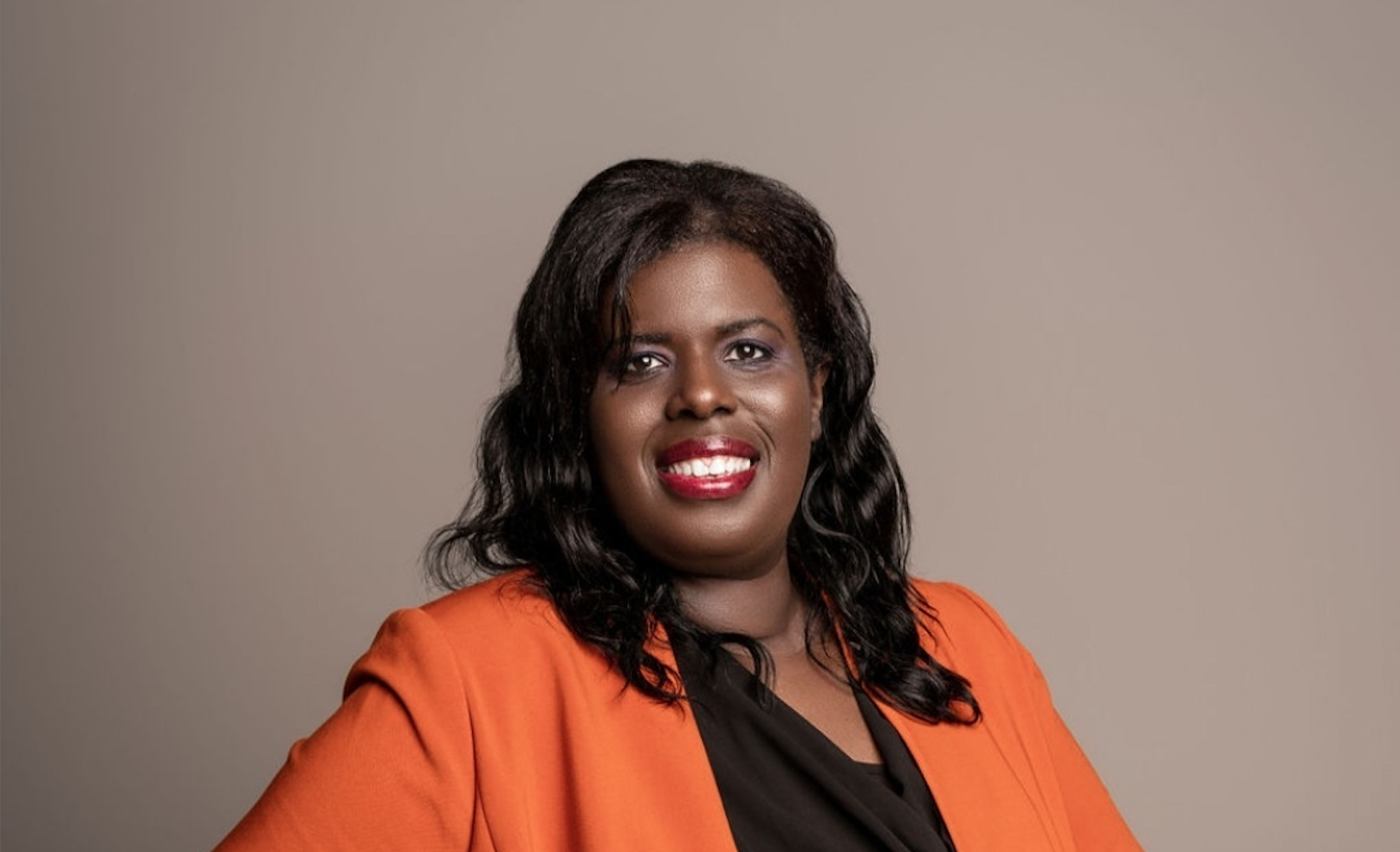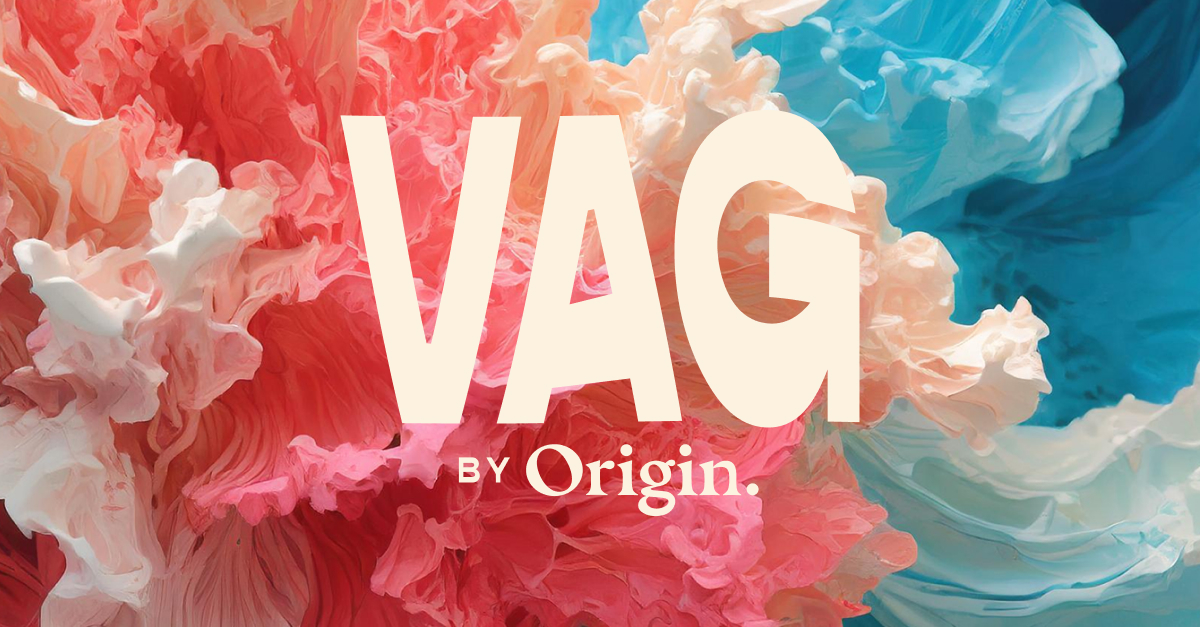
Feminism today is all about intersectionality – the acknowledgement that social, political and economic equality is about more than just gender. Feminism must exist at a number of intersections, including race, sexuality, socio-economic status, ability and more. The various lenses we look at feminism through has the ability to determine our attitudes and opinions about a number of issues.
Which is why a new undergraduate course being offered by the University of Copenhagen in Denmark has piqued our interest. The Department of Arts and Cultural Studies will have a focus on pop culture in a class titled ‘Beyoncé, Gender and Race’. It will be taught by Professor Erik Steinskog who told the university’s magazine Uniavisen that he firmly believes that pop culture serves as a barometer of the societal movements we witness around us.
The study of black feminism is indeed vitally important at a time when there is much discussion about making more space for the voices and experiences of black women within the feminist movement. While there are some who wouldn’t necessarily view Beyonce as the most important black feminist (most notably feminist scholar and author bell hooks), Professor Steinskog says her popularity serves as a great entry point into the subjects of race and gender.
“You can sense that what she does has an impact on society…She’s a controversial feminist, which is crucial. She makes us consider what it means to be a feminist – or what it can mean, but her feminism is addressed to a non-academic audience,” he told the magazine.

Professor Steinskog says he is an avowed member of the “Beyhive”, and judging by the fact so many students enrolled he had to expand the class and find a bigger room, he is not the only one interested in this subject.
“Being able to teach about something you enjoy personally and find interesting is really cool. Academically, the course is built on two pillars: Beyoncé as a performer and black feminism,” he said.
Much like the way many American activists are trying to dismantle white supremacy and give visibility and representation to more diverse figures, Professor Steinskog says there are similar conversations happening across Europe with regard to white colonialism.
“Black feminism can provide an alternative to white, European feminism, and introduce new ways of thinking about feminism. Theory written by black women presents a different point of view and a different frame of reference that can expose us Scandinavians to new ideas,” he said.
Beyonce’s music covers both race and gender issues, especially in her ‘Lemonade’ album. Her performance of ‘Formation’ at the Super Bowl in 2016 which gave a subtle nod to the Black Panthers, as well as her 2014 VMA performance where she stood silhouetted in front of a massive “FEMINIST” sign have had critics and fans talking about far more than just her musical ability, but also her out-sized impact on society in general.

Which is precisely why this course is being taught at the University. Professor Steinskog will also look at her influence as a female artist in a male-dominated industry.
“The interesting thing about studying Beyoncé is that it’s the first time we’re focusing on an individual female musician. We’ve had classes about male artists and even individual male artists, but, when we’ve focused on women, it’s been in relation to men, which only goes to show how dominant the masculine influence is. A course that seeks to challenge that is extremely important.
The intersection of pop culture and feminism is certainly a very timely and relevant topic, and adding in the aspect of race and gender makes it even more important. This isn’t the only academic facility offering courses centered around pop culture or celebrity figures.
As Britni Danielle over at Good.is points out, “Earlier this year, Georgia Tech announced it was offering students Engaging the Lyrics of Outkast and Trap Music to Explore Politics of Social Justice, while a Georgetown professor is teaching The Sociology of Hip-Hop: The Urban Theodicy of Jay-Z.”

We hope to see more courses about feminism focused on women of color, as it could really define the next wave of the feminist movement as a whole. For too long the voices of women of color in general have been excluded or misunderstood. Too many women of color have felt as if the white-centric, white-dominated movement hasn’t necessarily included them or their issues.
A recent public conversation about feminism between “Bad Feminist” author Roxane Gay and author Erica Jong was reported as being very strained and awkward due to the vastly different opinions from both women about the place of black women within the movement. It showed there are still a number of generational gaps and misunderstandings that need to be reconciled.
More recently, the March for Black Women in Washington D.C at the end of September was put together by a number of black activist organizations as a way to capitalize on the #resistance movement (in light of the success of the Women’s March) in order to bring more awareness about the issues particularly affecting black women.
It could be argued that because of such public black feminist pop culture figures like Beyonce, these conversations and social movements are gaining more attention in the mainstream. Either way, we want to see more discussion and analysis of black feminism wherever possible.

















